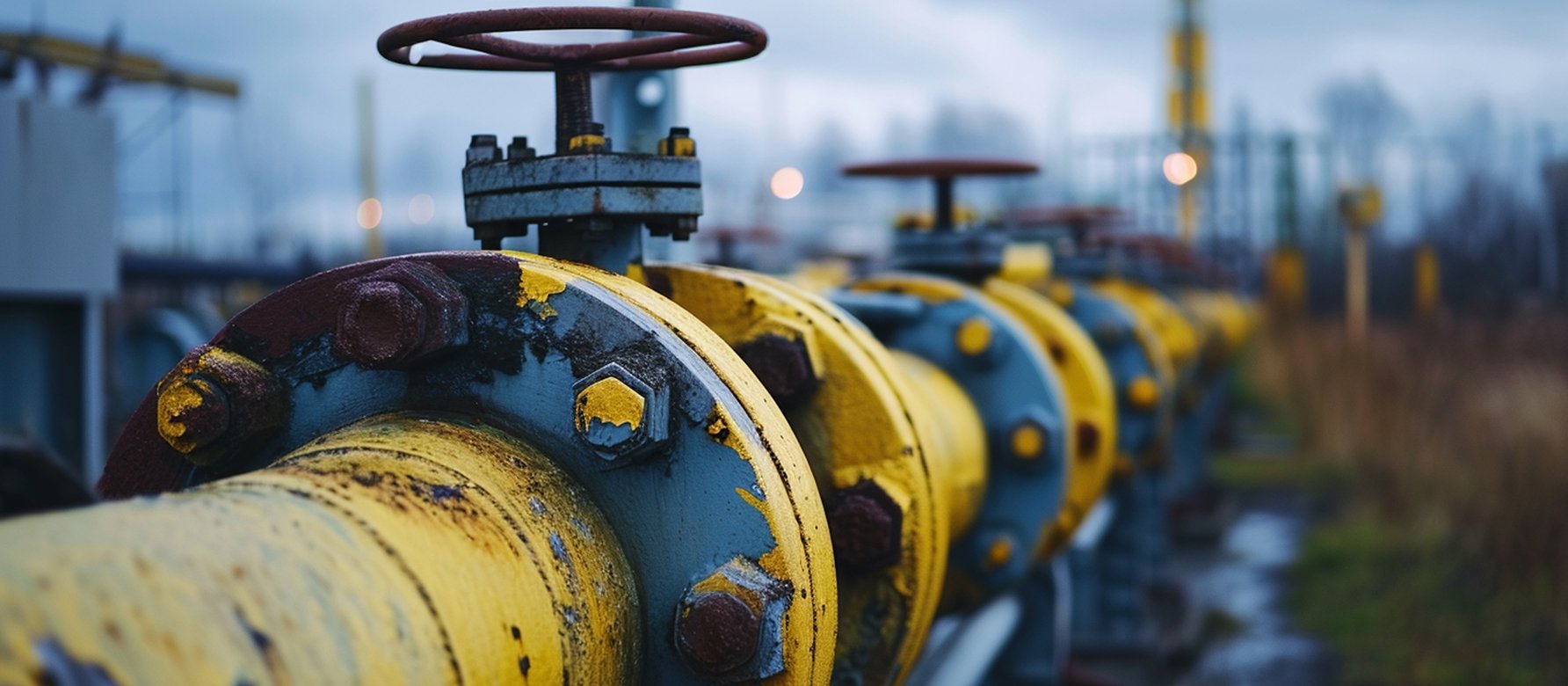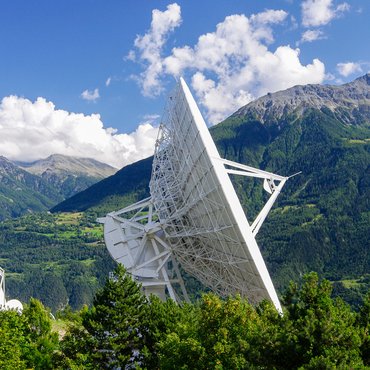EU adopts 18th sanctions package against Russia
After weeks of blockade by Slovakia, the representatives of the EU member states agreed on a further comprehensive sanctions package against Russia in the night of 18 July.
EU High Representative for Foreign Affairs and Vice-President of the Commission Kaja Kallas described it as "one of the EU's strongest sanctions packages to date".
The new package of measures centres on the aim of further curtailing Russian revenues from oil exports to third countries, weakening Russia's financial sector in a targeted manner and restricting the transfer of technology in militarily relevant areas.
Overview
The new sanctions package consists of several regulations and implementing regulations that amend and expand existing sanctions regulations:
- Regulation (EU) 2025/1494 amending Regulation (EU) No 833/2014 contains new import and export bans, adjustments in the energy sector and measures to cap the price of Russian oil.
- Council Regulation (EU) 2025/1472 of 18 July 2025 amending Regulation (EC) No 765/2006 contains, among other things, an extension of the listed natural and legal persons, as well as an extension of the goods affected by export restrictions in relation to Belarus.
- Council Implementing Regulation (EU) 2025/1469 of 18 July 2025 implementing Article 8a(1) of Regulation (EC) No 765/2006 adds eight new legal entities to Annex I.
- Council Implementing Regulation (EU) 2025/1476 of 18 July 2025 implementing Regulation (EU) No 269/2014 adds a further 14 persons and 41 entities to Annex I.
Adjustment of the oil price cap
A central element of the package is the adjustment of the oil price cap. Previously set at USD 60 per barrel, it will now be dynamically adjusted and lowered to USD 47.6 per barrel - around 15% below the average market price. The aim is to further reduce Russia's income from crude oil exports without destabilising the global oil market at the same time.
The EU emphasises that the new mechanism is flexible and can react to market changes. This is intended to curb the circumvention of the price cap by non-transparent trading structures such as the shadow fleet.
Measures against the shadow fleet
The package lists a further 105 vessels in the Russian shadow fleet that are being used specifically to circumvent sanctions. According to Article 3s of Regulation (EU) No 833/2014, these ships are not allowed to call at EU ports. In addition, European companies are prohibited from offering or providing shipping-related services to these ships or their operators. This brings the total number of listed ships to 444.
The aim is to identify unsafe tankers that are falsely sailing under non-Russian flags and exclude them from the EU's maritime infrastructure.
Transaction ban for Nord Stream 1 and 2
With the new sanctions package, the EU is imposing a complete transaction ban in connection with Nord Stream 1 and 2, effectively halting all activities relating to the completion, operation, maintenance and possible future utilisation of the gas pipelines.
Ban on imported refinery products from third countries
Another new aspect is the ban on the import of refinery products made from Russian crude oil - even if they are imported via third countries such as India, Turkey or China. The EU wants to prevent the indirect financing of the Russian budget through disguised oil sales. After a six-month transitional period, EU companies are prohibited from purchasing, importing, transferring or providing technical assistance for such products. Exceptions only apply to selected partner countries such as Canada, Norway, Switzerland, the United Kingdom and the USA.
New export bans
A central element of the 18th sanctions package is the renewed expansion of export restrictions with which the EU aims to restrict Russia's industrial and military capabilities.
New export bans have been introduced for specific goods and technologies that are of strategic importance to the Russian defence industry. Specifically, this concerns six chemical compounds used in the production of solid propellants and two types of CNC (Computerised Numerical Control) machines typically used in the production of military equipment, such as Kh-59 cruise missiles, unmanned aerial vehicles (drones), helicopter components and tank systems.
In addition, the existing export bans under Annex XXIII will be significantly extended. Newly affected are
- further machinery and equipment, particularly for the energy sector (e.g. gas turbines),
- selected chemicals used as raw materials in industry,
- certain metals such as refined copper, aluminium and components made from these,
- and various plastics.
The package of measures is supplemented by the inclusion of 26 further companies from the Russian military-industrial complex in the sanctions list. Eleven of these listed companies are based in third countries outside Russia - seven of them in China and Hong Kong and four in Turkey. They are alleged to have been involved in circumventing EU export restrictions, including the supply of components for unmanned aerial vehicles (drones).
The sanctioning of only indirect support for Russia is thus also being promoted.
Measures against propaganda, repression and cultural appropriation
The EU is imposing sanctions on another person who is actively involved in the so-called "military education" of Ukrainian children by Russia. This brings the number of sanctioned actors in connection with the abduction and indoctrination of Ukrainian children to over 90. In addition, several Russian representatives in the occupied territories are listed - including a person responsible for the instrumentalisation of Ukrainian cultural assets, a prominent Russian entrepreneur and a well-known propagandist.
Protection against abusive arbitration proceedings
With the new sanctions package, the EU is strengthening the protection of its member states against abusive arbitration proceedings initiated by Russian companies or oligarchs within the framework of bilateral investment treaties (BITs). Targeted measures are envisaged, such as non-recognition rules for such proceedings within the EU, obligations for member states to actively defend themselves and regulations to exclude compensation claims. The aim is to prevent Russia from undermining sanctions by legal means.
Summary
The 18th sanctions package marks another significant step by the EU to increase economic and technological pressure on Russia. With targeted measures against third countries, new listings and far-reaching export bans, the EU is showing that it wants to combat sanctions evasion more consistently. In particular, the focus on the shadow fleet and Russian sources of income from the oil and gas industry emphasises the strategic orientation of the sanctions.
Despite internal differences among the member states, the EU is thus sending a clear signal of its united stance against the Russian war of aggression.

Subscribe to our GvW Newsletter here - and we will keep you informed about the latest legal developments!




